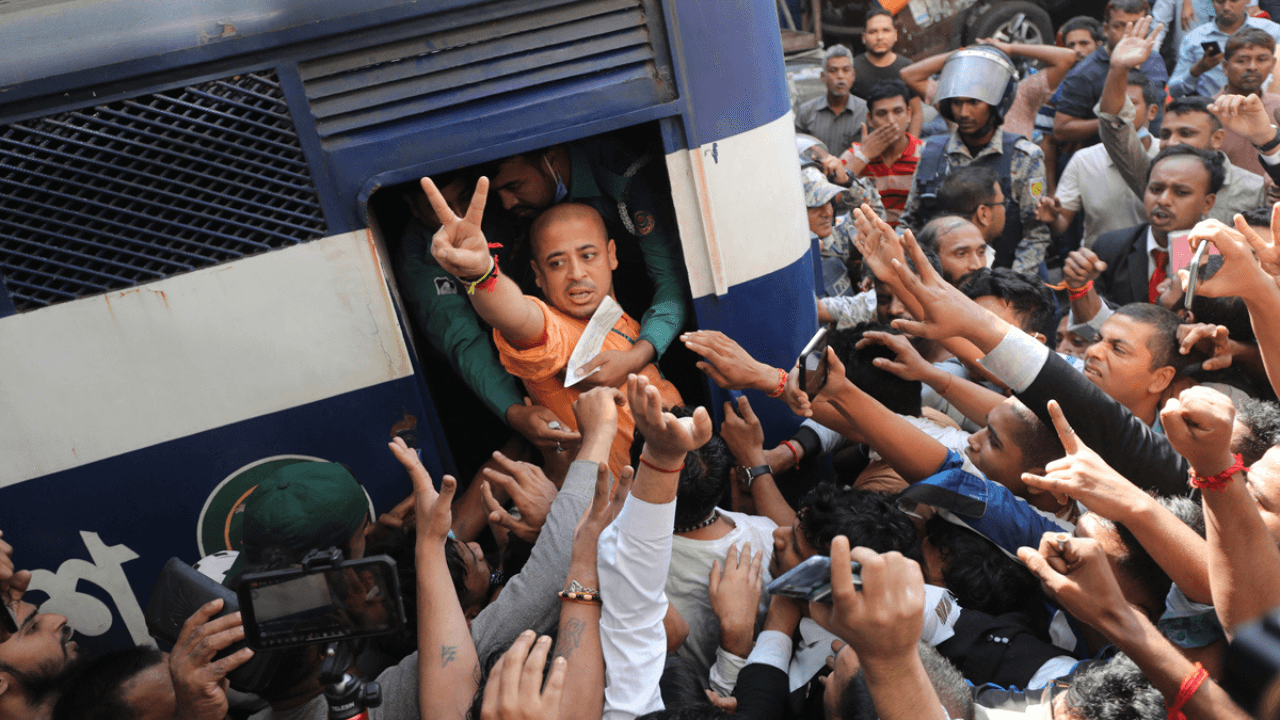In India, the advent of digitization has significantly altered human behavior, leading to a shift in societal values and morality, which have become increasingly subjective under the guise of individualism. Today, from teenagers to millennials, many are caught in a rat race to earn money, with few considering how to create sustainable wealth. A substantial portion of the population is eager to become wealthy as quickly as possible. State ignoring the pressing issue of unemployment. While many individuals lament the lack of job opportunities, a notable number are leveraging their intellect to make money through the share market and cryptocurrency.
However, this digital landscape has also given rise to cybercriminals who exploit technology to facilitate financial fraud. Individuals often fall prey to these criminals, driven by their greed for higher profits. This gap allows fraudsters to employ various tactics to deceive the gullible. Although the internet and the World Wide Web connect society, they also present significant challenges, becoming a double-edged sword.
The question of regulating the internet has been long debated, with many think tanks asserting that such regulation is impossible. However, I believe it can be regulated because the internet is a human-made system, not a divine entity. One potential approach could involve the United Nations and other global forums temporarily shutting down internet services for one day, instructing businesses and public sectors to document all services that are offline. This process should be replicated in every country to create a comprehensive list of internet services.
Furthermore, Emotional needs, such as love and belongingness, are fundamental to human beings, which has led to the rise of chinese applications like Sugo Lite and Swibe in that feature bots engaging users in conversation. In Sugo Lite, users are bombarded with messages from numerous chatbots as soon as they log in, each sending a system-generated WhatsApp number. When users text these numbers, they are directed to a video call where the other party plays pornographic content, requiring users to show their faces for 2-3 seconds. These videos are then edited to include inappropriate material, and victims are threatened with public exposure unless they pay a sum of money. The situation can escalate further, with scammers impersonating cyber police to extort money from victims. Similarly, Swibe also employs multiple chatbots and frequent advertisements, raising concerns about potential data-theft tactics that could harm users later.
While ‘The Digital Personal Data Protection’ (DPDP) Act emphasizes consent, data use, data localization, data retention, and penalties; however, the alarming rise of Non-Banking Financial Company (NBFC) loan applications has raised significant concerns regarding the misuse of personal data as collateral, which can have devastating consequences, as evidenced by the tragic suicide of a Kerala family over a mere 9,000 rupee debt. This situation underscores the urgent need for comprehensive regulation of NBFCs, especially given the existing banking system’s ability to manage collateral for loans responsibly. Despite the Ministry of Information Technology identifying 73 cybercrime tactics—including predatory loan applications—there seems to be a lack of stringent oversight, especially as these loan apps often target vulnerable audiences like college students and unemployed youth. The technology sector has capitalized on this market gap, exploiting unemployment and vast amounts of personal data, thereby exacerbating the risks associated with such predatory lending practices.
Following this, the creators of these services must be brought before lawmakers to present their systems and discuss vulnerabilities and bugs. Compliance with domestic laws should be mandatory for all service providers.
Furthermore, it raises questions about why platforms like the Play Store fail to exclude applications that do not serve genuine human needs but rather prioritize profitability. Addressing these issues is crucial to ensure that the internet remains a beneficial space for society.












